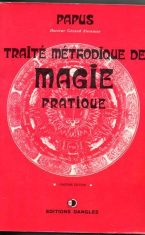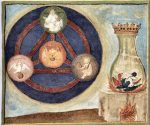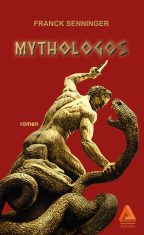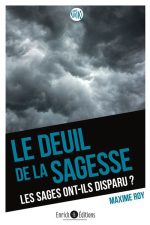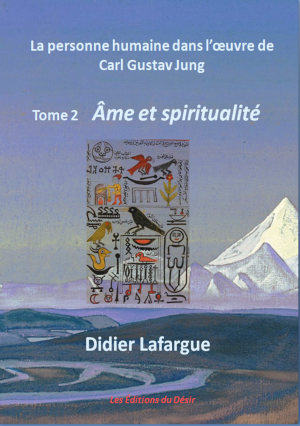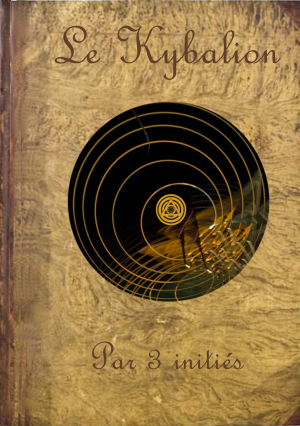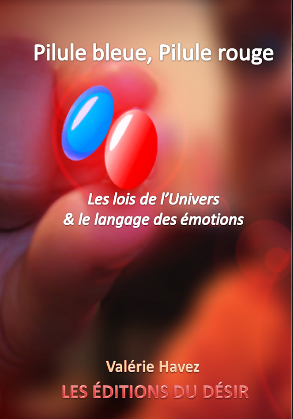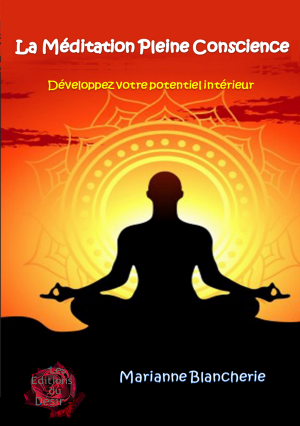From the Hebrew Qabbala «reception».
Here is how André Attia in his «Pieces of architecture», presents the Kabbalah:
http://editionsdudesir.fr/produit/morceaux-darchitecture/
The Kabbalah has a mythical origin. It is part of an imaginary narrative that bears a first foundational truth that takes place in the space of the Universe and in the time of History.
This truth emerges in this fundamental idea that at Sinai, the divine word has not fully revealed itself, that there is still something hidden to unveil under this word: «We live on the bark of reality», says the Zohar. And under the visible of appearances, treasures remain to be discovered for those who want to receive this word (Kabbalah is a Hebrew word meaning to welcome, receive, transmit, that is, the three modalities of evolution).
“In the very act of reception, there is an act of creation,” the Zohar says.
Introduction to the Way of the Kabbalah
By Spartakus Freemann
This little book was born from the desire to offer beginners the simple foundations that will allow them to advance and evolve in the concepts and theories of this major branch of Jewish mysticism that is the kabbalah.
intro kabbaleIt wants to be very stripped and simple, with a quick access and as a-intellectual as possible.
The reader will therefore find no biography of the great figures of the Kabbalah, nor a thorough and complex explanation of the various aspects of this current, but benchmarks, avenues of research and reflections that we would like the reader to explore further in this exciting field that is the Kabbalah.
www.kabbale.eu
Excerpt:
Queries
It all began a few years ago, with the encounter of a somewhat mysterious character who spoke of the Kabbalah as the «key» of Western esotericism. Matthew had studied Hebrew, the Kabbalist masters, the Rashi, and had an almost sensual penchant for the play of letters and words, as well as a passion for the Song of Songs. This meeting will be the moment «t» of my entry into the Pardes.
First of all, a cold entry, because the landscape that was to come was more Dalí than Rembrandt’s. Where to begin, where to engage? Unknown names with exotic and bizarre sounds, titles that leave all assumptions open, concepts that tend to multiply during readings, with implications that are just as confusing as their definition… I was afraid I wouldn’t understand it. I could give up and go back to my life and my studies as they were the moment before. But no, I continued and I began to devour a lot of books about the Kabbalah, with always this idea that there was something important to discover there.
I had the misfortune to begin with the works of Haziel. You know, these big brown books published by Bussière, which speak of angels, of the ancient Kabbalah, of the Kabbalistic Tarot… The great deal! I almost dropped everything. I thought, “Isn’t that the Kabbalah?” Well, no, that’s not it. The kabbalah is not reduced to chanting barbaric phrases in order to communicate
with the angelic powers. But to be sure, I had to approach other shores, more classical authors first, Eliphas Lévi, Papus, then finally the website of Virya which allowed me to discover a more open Kabbalah, although still stuffed with bizarre names and cryptic expressions, such as Parzuf, Sephiroth, Sephirah, Arikh Anpin…
It all started a few years ago, with the encounter of a character
The works that fell into my hands at the time were Virya’s Ecstatic Kabbalah and Shaya’s The Man and the Absolute. Two openings, two lights in the darkness of the kabbalistic library. They also allowed me to resist the temptation of kabbalistic varnish to impress the gallery.
There was also another meeting, just as decisive as the first. Thanks to the Internet, I had the chance to fall – and the word is not chosen randomly – on Prospero. Anarchist traveler and kabbalist, which gave me the opportunity to exchange with a true lover of kabbalistic science. I found in him the same passion in the study of texts, the same passion in explanation and dialectics as in Mathieu. And the same verve also to lecture me when I made unfounded delusions about Aboulafia and the ecstatic Kabbalah: You cannot say anything, you must act in good intelligence with the text. Now, if you don’t read Hebrew, how can you understand the essence of Aboulafia?”
So I began to learn the basics of grammar and especially to penetrate the magical universe of letters.
Table of Contents – Inquiries
1. Why the Kabbalah?
2. Kabbalah and Magic
3. Kabbalah and Sectarian Drifts
4. What is the kabbalah?
5. The Christian Kabbalah
6. Roadmap to Start in Kabbalah
7. The Hebrew language
8. The sacred alphabet
9. The processes
10. The sacred texts
11. Why can we not pronounce the Name of God?
12. The Worlds
13. The Sephiroth
14. Isaac Louria
15. The Tsim-tsoum:
16. The polarity of the Sephiroth
17. Description of the Sephiroth:
18. Beyond
19. The Reverse Path
20. The Sephiroth Tree
21. The paths of the tree
22. The Tikkoun








